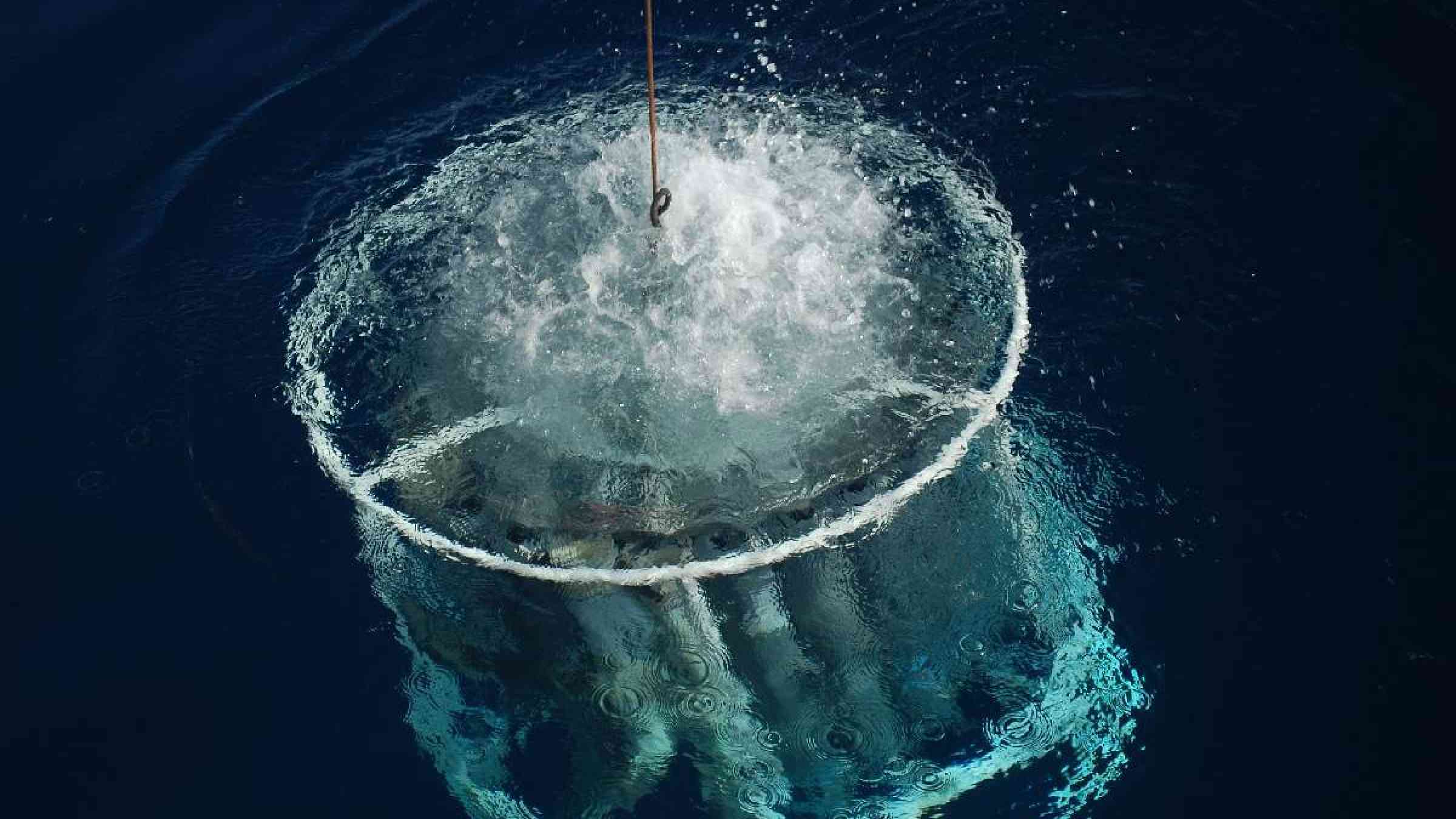Loss of ocean memory has implications from forecasting to conservation

New research indicates climate change may thin the mixed layer and contribute to a reduction of sea surface temperature anomalies.
“Ocean memory,” or the persistence of sea surface temperature anomalies, is a key factor in forecasting major climate events. Now, a new study explains how climate change will cause this memory to get shorter, leading to faster changes and reduced warning for events like marine heat waves and extreme rainfall.
The research links this loss of ocean memory to a thinning of the mixed-layer depth, a layer of water near the surface characterized by uniform density and stability.
“This is really important,” said Fei-Fei Jin, an atmospheric sciences professor at the University of Hawai‘i (UH) at Mānoa School of Ocean and Earth Science and Technology and coauthor of the study. “If this layer gets shallower, we lose that predictability because it tends to cool down or warm up much more quickly.”
Researchers published their findings in Science Advances in May. It’s the first time scientists have described the decline in ocean memory or linked it to the mixed-layer depth.
First author Hui “Daisy” Shi, who was a postdoctoral researcher at the Farallon Institute in Petaluma, Calif., at the time of the study and now works at the Cooperative Institute for Marine and Atmospheric Research at UH, said researchers were surprised by the findings.
“It was totally unexpected,” she said.
Elegant Explanation
The researchers were originally working on a different project. Shi was leading an interdisciplinary team from the Farallon Institute investigating marine heat waves along the U.S. West Coast. The group wanted to know whether marine heat waves would become more prolonged, so they looked at data on the persistence of temperature anomalies.
“What we found was this decreasing trend in persistence,” she said. “We found that very interesting.”
No previous research had recorded that observation, she noted.
Looking for ways to explain the trend, the team partnered with Jin, who found the connection to the mixed-layer depth.
“The mixed-layer depth will become shallower with global warming, which has already been shown by other research, and when it’s shallower, it has less thermal inertia, which translates directly to memory,” Shi said. “So it explains [the phenomenon] in a very elegant way that is actually quite simple.”
A Thinning Mixed Layer
The mixed layer is caused by wind interacting with the ocean’s surface and pushing surface-level water down, causing it to mix with seawater below.
The main factor causing the mixed layer to shrink is warming of water at the surface; this warmer water becomes lighter and less dense, making it harder for the wind to push it down, Jin explained.
Other processes, including the energy exchange between the atmosphere and ocean, and changes in ocean currents also contribute to changes in ocean memory, researchers said, but the thinning of the mixed layer is most important in most parts of the globe.
The researchers applied several computer models that all showed that a thinning mixed-layer depth would result in a shorter persistence of ocean temperature, Jin said, adding that he expects observational data will make the trend more noticeable as temperatures rise.
“Global models are simulating this very robustly, so I feel this will occur more evidently in the next 30 years,” he said.
Implications for Industry
In addition to weather forecasting, the findings have important implications for fisheries management and marine conservation, said William Cheung, a marine ecologist and fisheries scientist at the University of British Columbia who was not involved with the research.
For example, marine heat waves severely affect coral reefs by causing extensive coral bleaching, and many conservation plans call for mitigation measures to be taken ahead of expected heat wave events.
“If this shortens the amount of time we have to prepare or increases the uncertainty associated with these predictions, that can substantially reduce the effectiveness of mitigation measures that help us adapt to climate extremes,” Cheung said.
That might mean that conservation programs need to focus on different mitigation approaches or invest in infrastructure to enable a more rapid response, he said.
The paper also raises important questions about how fish stocks will adapt to temperatures that aren’t just rising but also becoming more variable, he added.
Jin noted that although the researchers’ model applies to most of the world’s oceans, they found some important exceptions, including tropical regions. That’s because in these areas, El Niño weather patterns can cause ocean temperatures to change not exponentially as they do in other parts of the world, but in an oscillating pattern. To be more accurate, models would need to account for the speed of this oscillation in addition to changes in the mixed-layer depth.
Other regions, such as the North Atlantic, have deep ocean convection or other processes that have a compensating effect on the trend, Jin added.
“This model may not apply equally over the globe, but it applies to most parts of the ocean,” he said.
Moving forward, Jin said, researchers hope to do more work to quantify these changes and develop more complex models that account for these factors in equatorial and other regions.